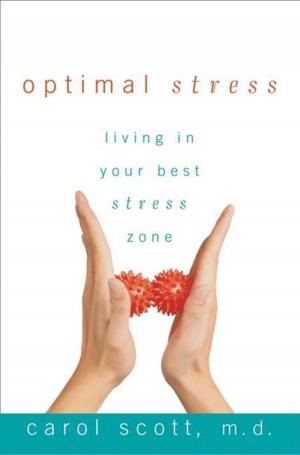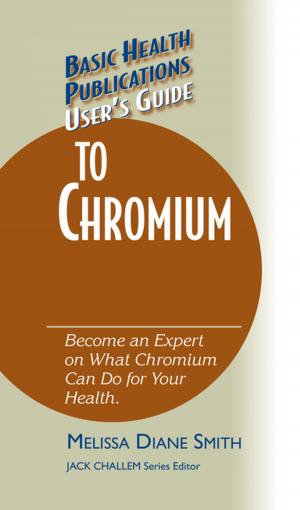The Secret of Vigor
How to Overcome Burnout, Restore Metabolic Balance, and Reclaim Your Natural Energy
Nonfiction, Health & Well Being, Health, Healthy Living| Author: | Shawn Talbott, Ph.D., FACSM | ISBN: | 9781630265687 |
| Publisher: | Turner Publishing Company | Publication: | December 13, 2011 |
| Imprint: | Hunter House | Language: | English |
| Author: | Shawn Talbott, Ph.D., FACSM |
| ISBN: | 9781630265687 |
| Publisher: | Turner Publishing Company |
| Publication: | December 13, 2011 |
| Imprint: | Hunter House |
| Language: | English |
Vigor is defined as "a 3-tiered sustained mood state characterized by physical energy, mental acuity, and emotional well-being." Vigor is a true measure of wellness because it encompasses much more than simply feeling energetic or being in a good mood or having a sharp mind. People with high levels of vigor are those can-do individuals who get things done - they're motivated. For many people, however, vigor is a state that they have not experienced in many years.
Chronic stress plays a major role in disrupting vigor. Talbott explains that we can dramatically reduce stress, cut fatigue and improve vigor by achieving Oxidative Balance, Stress Hormone Balance, Blood Sugar Balance, and Inflammatory Balance which he refers to as the "Four Pillars of Health." His approach to achieving this is similar to the highly practical and approachable nutrition and supplementation plan in his earlier book, The Cortisol Connection, but is based on his last ten years of research helping people feel and perform better.
The "Four Pillars of Health" - Oxidation balance, Glycation balance, Inflammation balance and Metabolic balance - are closely linked and affect each other. The program in this book addresses each in turn and also describes how to monitor them all and keep them working together.
Oxidation balance - balancing the free radicals and antioxidants in the body - is necessary to limit cell and DNA damage in every tissue and organ in the body. We can control free-radical exposure and the cellular oxidation (damage) that it causes through a balanced dietary intake of antioxidant nutrients.
Vigor is defined as "a 3-tiered sustained mood state characterized by physical energy, mental acuity, and emotional well-being." Vigor is a true measure of wellness because it encompasses much more than simply feeling energetic or being in a good mood or having a sharp mind. People with high levels of vigor are those can-do individuals who get things done - they're motivated. For many people, however, vigor is a state that they have not experienced in many years.
Chronic stress plays a major role in disrupting vigor. Talbott explains that we can dramatically reduce stress, cut fatigue and improve vigor by achieving Oxidative Balance, Stress Hormone Balance, Blood Sugar Balance, and Inflammatory Balance which he refers to as the "Four Pillars of Health." His approach to achieving this is similar to the highly practical and approachable nutrition and supplementation plan in his earlier book, The Cortisol Connection, but is based on his last ten years of research helping people feel and perform better.
The "Four Pillars of Health" - Oxidation balance, Glycation balance, Inflammation balance and Metabolic balance - are closely linked and affect each other. The program in this book addresses each in turn and also describes how to monitor them all and keep them working together.
Oxidation balance - balancing the free radicals and antioxidants in the body - is necessary to limit cell and DNA damage in every tissue and organ in the body. We can control free-radical exposure and the cellular oxidation (damage) that it causes through a balanced dietary intake of antioxidant nutrients.















